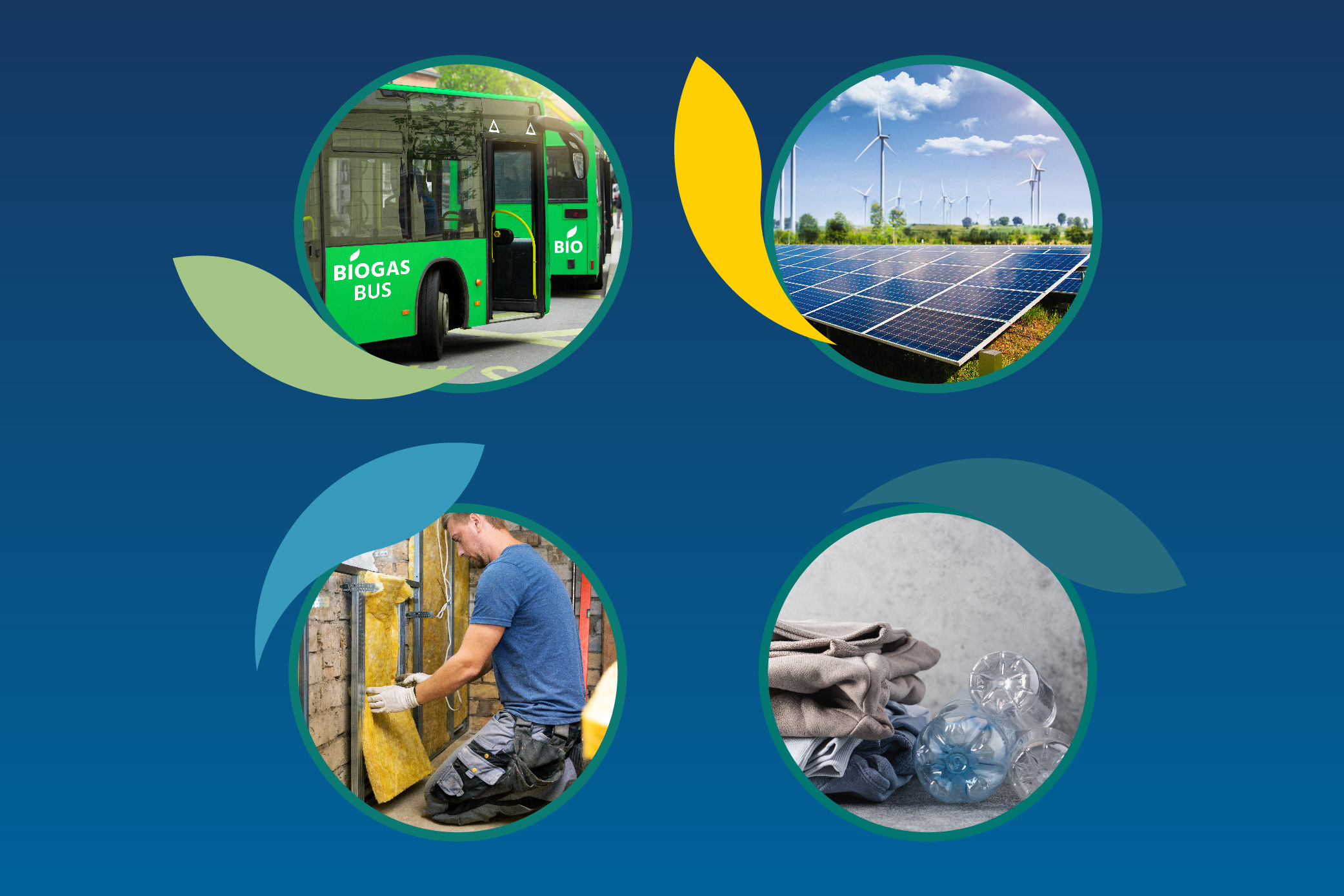
Global co-operation
Climate Change Expert Group (CCXG)
The Climate Change Expert Group (CCXG) is a group of government delegates and experts from developed and developing countries. The aim
of the group is to promote dialogue on and enhance understanding of politically important technical issues in the international climate change
negotiations and for the implementation of the Paris Agreement.
Read more

%2520lores.png)








.png)


.png)
.png)
